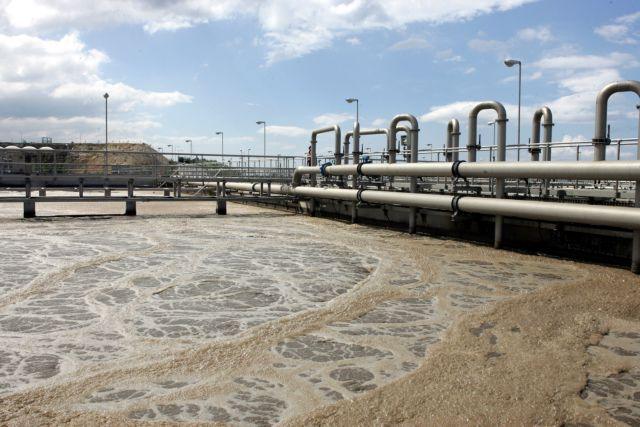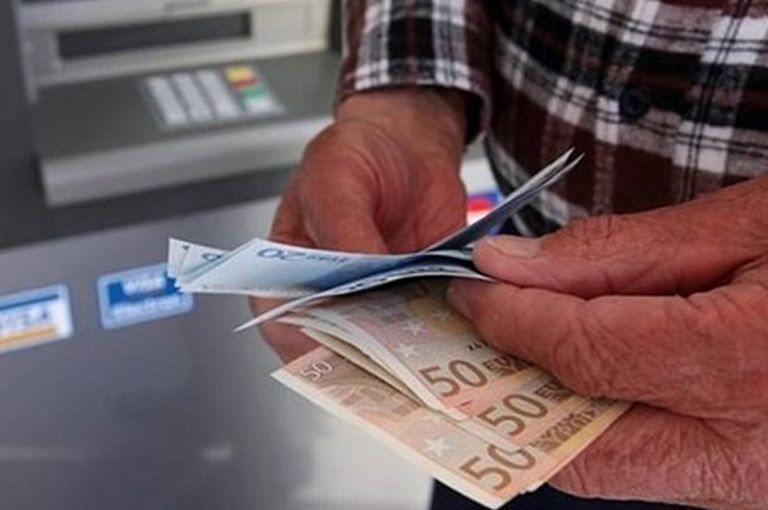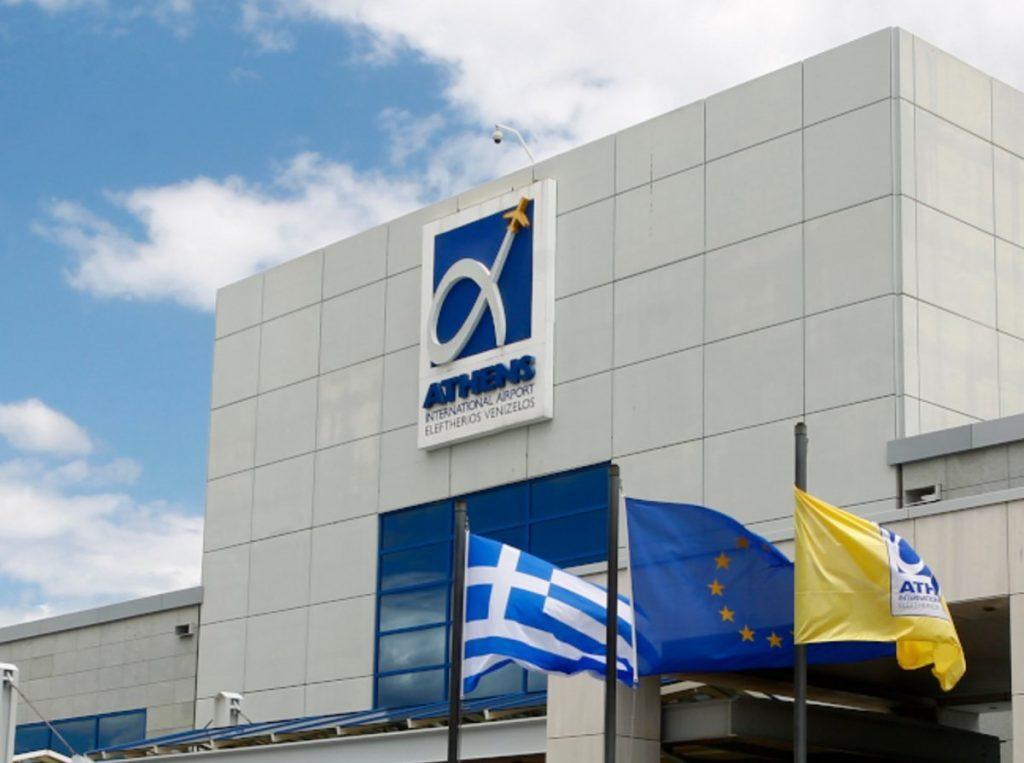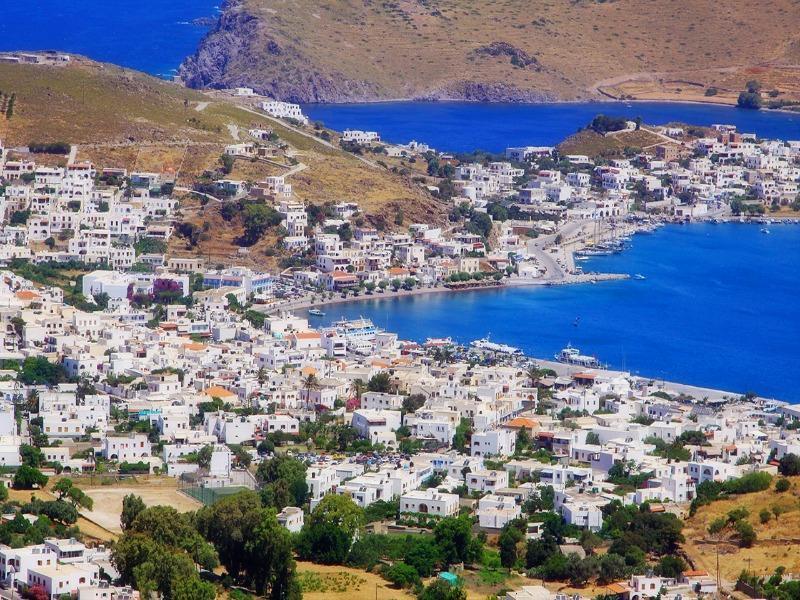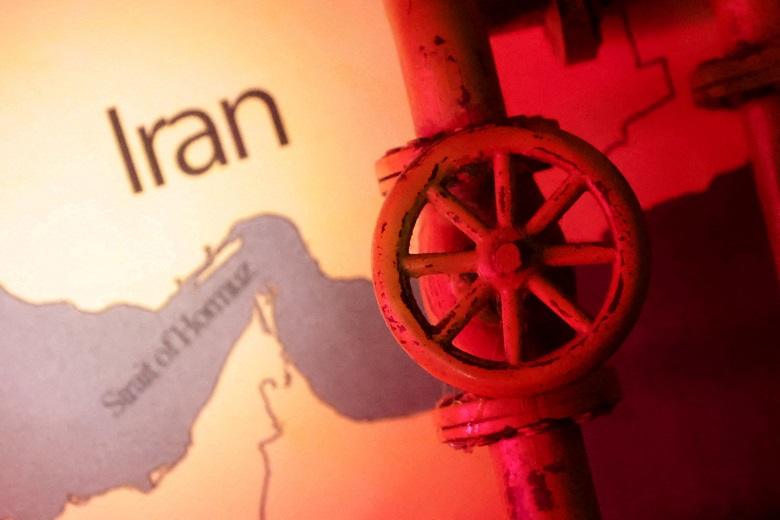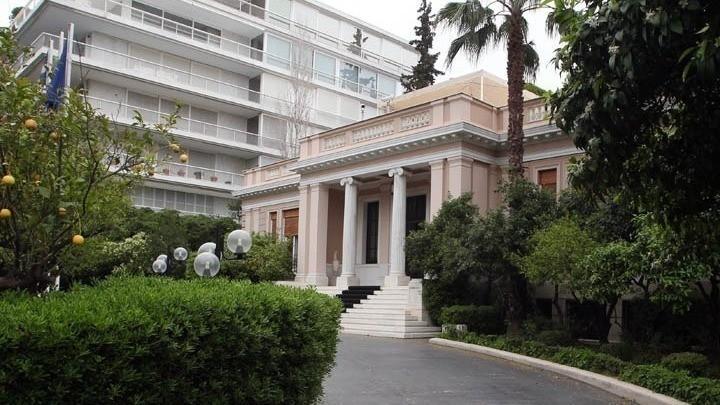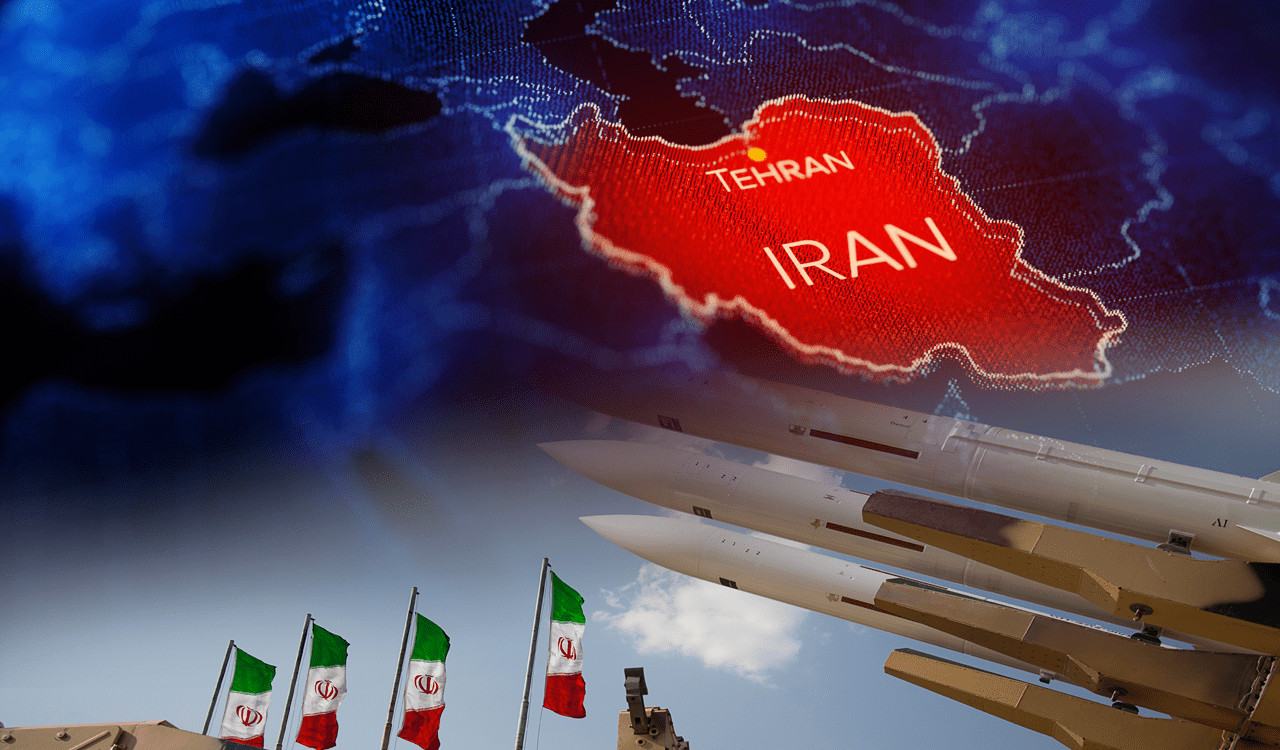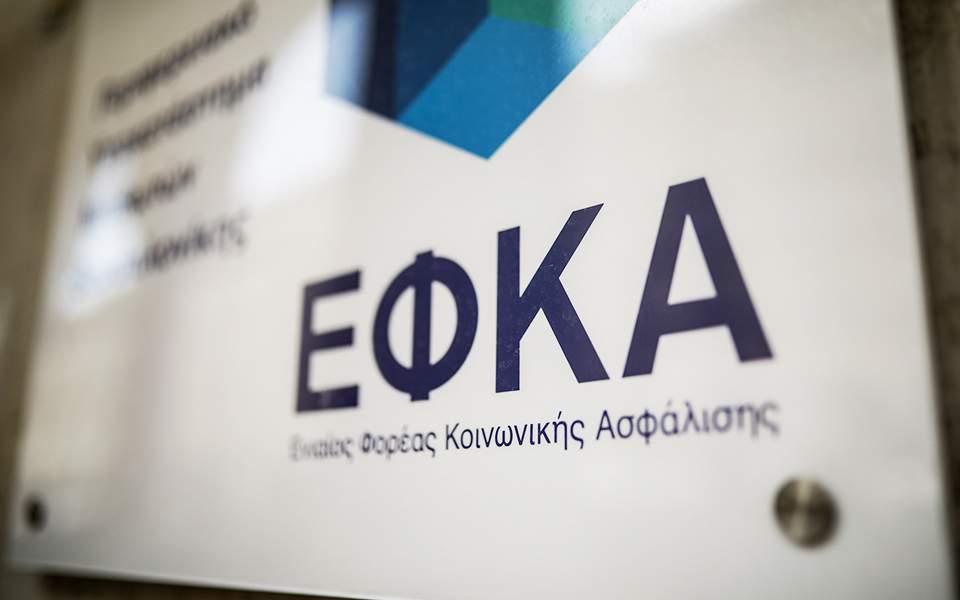Greece is at the center of the global hydrogen map, according to what the Managing Director of “Hydrogen Europe”, Mr. Giorgos Hatzimarkakis, said yesterday while speaking at the Hydrogen & Green Gases Forum. As he pointed out, Greece is located geostrategically at the critical crossroads between Europe and the MENA region (Middle East and North Africa), which will develop as one of the most important regions for the production of “green” energy from Renewable Energy Sources units ( RES) in the next 20 years.
Saudi Arabia
And since the “green” electrons of RES electricity are not easily transported, they can be converted into hydrogen. At this point, Greece enters the “frame”. How Mr. Hatzimarkakis explains it: “With the ambitious project NEOM Green Hydrogen Company of Saudi Arabia, 600 tons of green hydrogen will be produced per day, from 2026 onwards. It is the largest and most important project of its kind worldwide. The Persian Gulf in general can be an important source of supply and Saudi Arabia has made it clear that Greece can be the main hub for transporting these huge amounts of hydrogen.”
EPP campaign to promote green hydrogen
In fact, as he pointed out, he recently had a meeting in his office with the project leaders, who made it clear that since there are still no connection pipelines (eg East Med) other ways must be found. “Ammonia will be the most likely and most practical way to transport hydrogen produced in the Persian Gulf. For Greece and its huge naval fleet, this is a very important development. The new Greek government should turn its attention to this huge opportunity”, underlined Mr. Hatzimarkakis.
He also referred to the recently agreed AFIR alternative fuel plan which sets targets for hydrogen supply across Europe. Specifically, in Greece it is planned to create a total of 26 fueling stations by 2030 to meet transport needs, of which 17 should be located in urban areas and 9 on the main highway network.
More generally, with regard to the industrial demand for hydrogen in the EU, as Mr. Hatzimarkakis said, most of it can be covered with hydrogen pipelines and storage infrastructures, stressing that the relevant infrastructure investments should be made to achieve the goal of the European REPowerEU plan.
Revythoussa pyrolysis terminal
According to what the Managing Director of natural gas transmission system operator-DESFA Ms. Maria Rita Gali mentioned in her speech at the Hydrogen & Green Gases Forum, we will gradually have a mixture of the existing natural gas infrastructure with hydrogen. “That will be the immediate medium-term perspective,” he noted, pointing out that while there is currently no infrastructure for pyrolysis to produce hydrogen, it is not technologically difficult. “There are infrastructures in Greece, such as Revythoussa in Attica, which in the future could become a pyrolysis terminal,” noted the head of DESFA.
Ms. Gali focused on the importance of inclusion of the first hydrogen pipeline in Greece, in the list of projects of common interest (PCI). As she argued, the country will play an important role in the transport of hydrogen to Europe, especially towards its northern borders, with the existing but also with new infrastructures either for pure hydrogen or for a mixture of hydrogen and natural gas. “The country has huge potential for local production, but also for import from the countries of the Middle East, as a transit center to Europe.
The Commission has recognized the need for a dedicated network of over 500 km of hydrogen pipelines, which will be built alongside the natural gas infrastructure. “Soon we will be able to connect to the natural gas export line to North Macedonia. Also in Western Macedonia we are building hydrogen-only infrastructure, an east-west hydrogen-only infrastructure, and we have a specific timetable for the transition period, during which we will have both natural gas and hydrogen pipelines at the same time,” Ms. Gali pointed out.
20% of DESFA’s existing network of 1,466 km could today accept pure hydrogen and the remaining 80% could transport a mixture. According to the management of the Operator, the network is immediately capable of transporting 10% hydrogen, while the new network will be built with the prospect of transporting 100% hydrogen, with the new pipeline of Western Macedonia as a typical example.
For his part, the serving minister of energy, Mr. Pantelis Kapros, among other things pointed out that, according to studies, Greece has a significant biogas potential that has not been exploited, so there must be an infrastructure to collect and transport it to specific locations near gas pipelines, so that it can be converted into biomethane and capture CO2 as raw material. Later on the same networks will start the channeling of green hydrogen and much later there will be special pipelines with only hydrogen. Synthetic methane also, as the minister underlined, has a role to play in the future energy mix.
How hydrogen will unlock RES projects
Hydrogen can also be the “key” that will unlock new Renewable Energy Sources (RES) projects and also lead to the utilization of the utilization of amounts of green energy that are currently being cut for the security of the electrical system is the production of green hydrogen.
As the CEO of “Hellenic Hydrogen” (joint venture of Motor Oil and the PPC) Mr. Dimitris Triantafyllopoulos mentioned, “hydrogen units can unlock investments in RES because from 2028 onwards every green hydrogen unit will have to cover its needs from new RES facilities (as long as they were built three years earlier)”. Also, RES units that did not enter the system will be able to provide energy to hydrogen units. In addition, according to the advisor of the Association of Photovoltaic Companies, Mr. Stelios Psomas, the reduced amounts of “green energy from the electrical system can be utilized for the production of green hydrogen.
Concern over cost
According to the managing director of “Hellenic Hydrogen”, which is maturing electrolysis projects in Greece, for a 100 MW unit, 300 MW to 400 MW of RES are needed. The widespread production of “green” hydrogen cannot proceed only with the use of photovoltaics, with the electrolysis method, as it is considered a non-competitive solution.
Possibly, as Mr. Triantafyllopoulos explains, a cost-effective solution could be a virtual power purchase agreement (PPA) with the electrolysis plant buying energy from a pool of RES, photovoltaics and wind projects. But this solution is also expensive, according to him. “It would be more economical to install a photovoltaic farm near the hydrogen plant with a direct transmission line to avoid grid usage debts and a PPA from wind farms. It is a very factorial and very interesting exercise that we are running now,” he noted.
However, according to Mr. Psoma, when talking about costs, the entire supply chain needs to be taken into account in the “exercise” and not only the production, but also the storage of hydrogen, its transport and its final use. However, as Mr. Kapros mentioned, years ago, when photovoltaics started, they were very expensive, but, in the end, they became competitive. According to the minister, dispute contracts are an appropriate way of supporting the industry along with mandatory quotas.
Hydrogen projects in the pipeline
Flagship investment projects being prepared in Greece include Motor Oil IPCEI’s “Blue Med” project at the group’s facilities in Corinth, which is planned to be commissioned in 2026. The project, which was planned 2.5 years ago, concerns a complex projects across the hydrogen value chain. It is a €320 million investment that includes two green hydrogen production projects (60,000 tons per year), which, in a second stage, will be compressed and transported to end consumers outside the refinery. In particular, it will be transported through pipelines to the local industry, injected into the DESFA system and finally converted into alternative fuels.
Also, the hydrogen projects under implementation include the North project 1 project, which concerns a 100 MW electrolysis unit in Western Macedonia by Hellenic Hydrogen, a small 10 MW electrolysis unit of HELLENiQ ENERGY at the Elefsina refinery, the Green HiPo project of ADVENT Technology in the West Macedonia, the Crete-Aegean Hydrogen Valley – CRAVE H2 in Crete, H2CAT (IPCEI project) etc.
It is noteworthy that worldwide investments of $320 billion in hydrogen are being prepared by 2030, of which most in the EU ($117 billion), followed by Latin America with $48 billion, North America with $46 billion , Oceania at $34 billion, the Middle East at $21 billion, Africa at $19 billion, China at $18 billion, and Japan, South Korea and the rest of Asia at $17 billion. However, in terms of projects for which a final investment decision has been made, the USA is in first place.
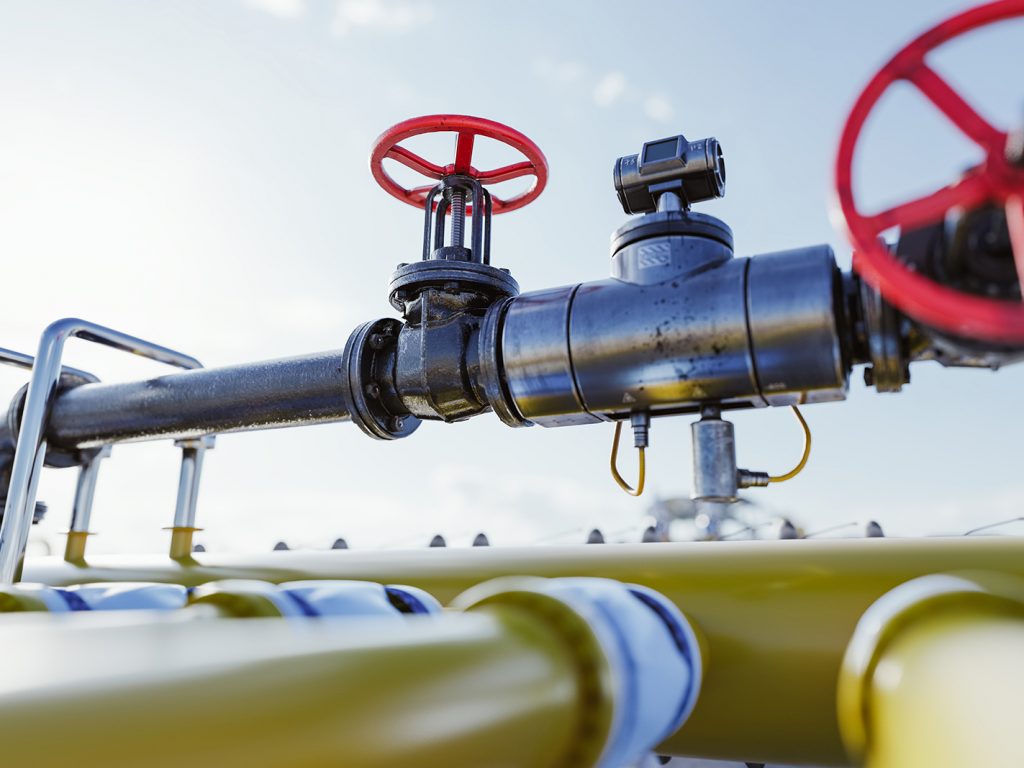









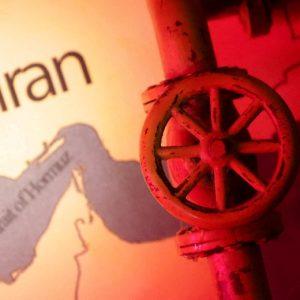
![Ακίνητα: Η έκπληξη της Θεσσαλονίκης στο real estate [πίνακες]](https://www.ot.gr/wp-content/uploads/2026/01/Thessaloniki-White-Tower-film-1024x576-1.jpg)

